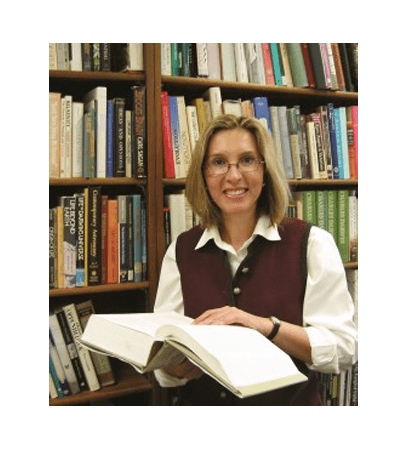- Aug 18, 2020
- 00:06:50
History of Science ON CALL: Betty Smocovitis
- Betty Smocovitis
- Research Communication and Management
- History of Science ON CALL: Listening, Attending, Acting
 Dr. Betty Smocovitis, History of Science Professor, discusses the following questions for the History of Science ON CALL project:
Dr. Betty Smocovitis, History of Science Professor, discusses the following questions for the History of Science ON CALL project:
- What is it about COVID-19 that you find intellectually challenging and interesting?
- Is there a question relating to the current crisis that you would like to ask or discuss?
- In what way is this outbreak an opportunity to explore relationships between humanity and science?
Profile: Betty Smocovitis
Professor Betty Smocovitis, PhD, focuses on the history, philosophy, and social studies of the twentieth-century biological sciences, in particular evolutionary biology, systematics, ecology, and genetics. She also studies the history of the botanical sciences in America. Much of her research concentrates on gaining a better understanding of the “evolutionary synthesis,” which saw the establishment of the modern synthetic theory of evolution. She is currently completing a book-length biography of G. Ledyard Stebbins, as well as a centennial history of the Botanical Society of America.
About the History of Science ON CALL Project
History of Science ON CALL aggregates and amplifies two streams of information—Research and Education—relevant to crises, including chronic disasters. The Research stream consists of short-format video interviews while the Education stream seeks to aggregate and introduce known resources and materials—scholarship and teaching tools—in order to amplify their reach.
